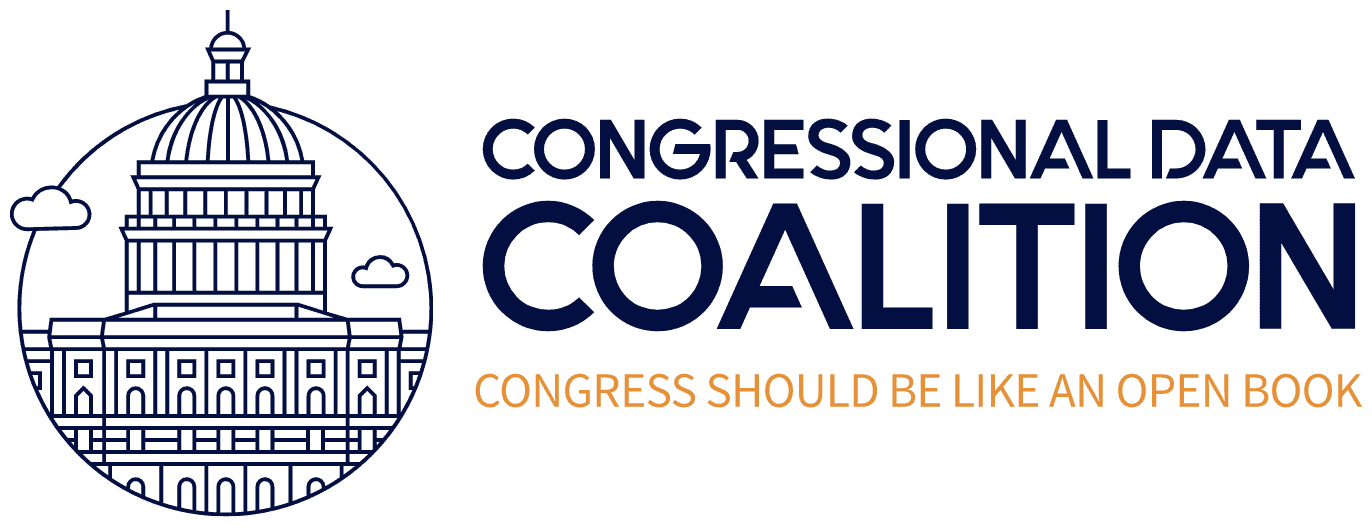Mozilla is launching the new Ford-Mozilla Open Web Fellowship – a 10-month program designed to find emerging technical leaders who have a passion for Internet policy and advocacy. They’re in the midst of recruiting qualified applicants.
Here’s a bit more about the program:
- Good candidates are developers, technologists, hackers and data crunchers – policy and politics expertise not required, but we’re looking for interest in the advocacy space, in making good change happen for the Internet.
- The fellows will spend 10 months embedded in one of our host organizations: the American Civil Liberties Union, Public Knowledge, Free Press, the Open Technology Institute, and Amnesty International.
- Fellows will be immersed in projects that create better technical understanding among civil society and policy makers.
- Perhaps the most important detail: The Fellowships are paid positions.
The deadline to apply is December 31st. Interested candidates can learn more and apply through https://advocacy.mozilla.org/.
